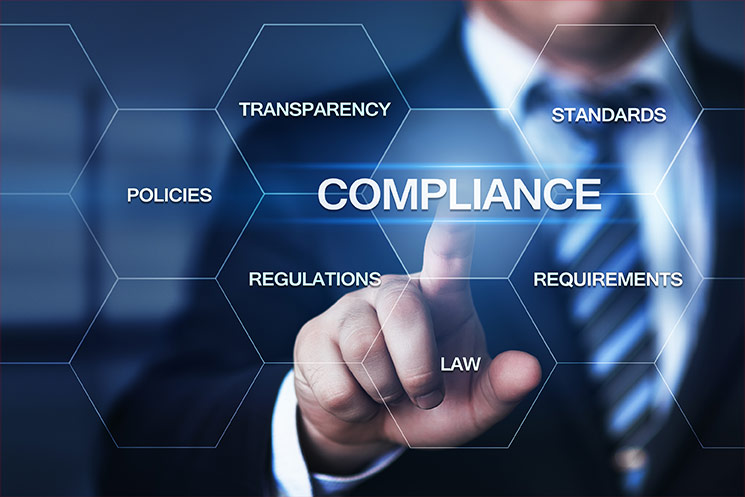
Law enforcement’s #1 source for learning records, technology, and crime reporting since 2008.
Lock in and secure reduced rates with our budget-friendly training packages—purchase now and select courses later.
Register a second person at a 25% discounted rate, a third person at 35% off, and four or more people will receive 50% off each.
Attend from the comfort of wherever you may be and interact as if you were there in person. Details for joining the training is emailed to each attendee.

We’re thrilled to announce our new course, Building a Records Training Program. This comprehensive 2-day onsite course will provide the knowledge and tools you need to create a standardized employee training and evaluation program for new records personnel. Stay tuned!

Prevent crises before they happen by learning how to properly supervise a property/evidence unit. Topics include: personnel/hiring, audits and inventories, policies and procedures, corrective action, and accreditation. 4-hours.

Overwhelmed by your records? Learn how to conduct a records inventory and purge, and develop a standardized annual destruction process. 2-hours

Learn best practices for the creation, collection, management, and destruction of digital evidence, as well as the importance of case management and disposition in the retention of digital evidence, including auditing and mitigating against lost files. 3-hours.

L earn about best practices for inventories, auditing, and guidelines for destroying property and evidence, and the requirement for this unit, and your records unit, to closely collaborate and reconcile records and property on an ongoing basis.
Gwinnett, GA County Sheriff’s Office
October 10, 2024 8:30am-3:30pm
Goose Creek, SC Police Department
October 17-18, 2024 8:30am-4:00pm
Menifee, CA Police Department
October 24, 2024 8:30am-3:30pm
Okaloosa, FL County Sheriff’s Office
October 25, 2024 8:30am-4:00pm

Learn records management principles and legal requirements, including determining how long records must be kept, when they should be destroyed, records formats and storage mediums, imaging records, and developing a records management program for your agency. 1-day.

New to records? This course is for you. Learn what you need to know about managing records in policing. 1-day.
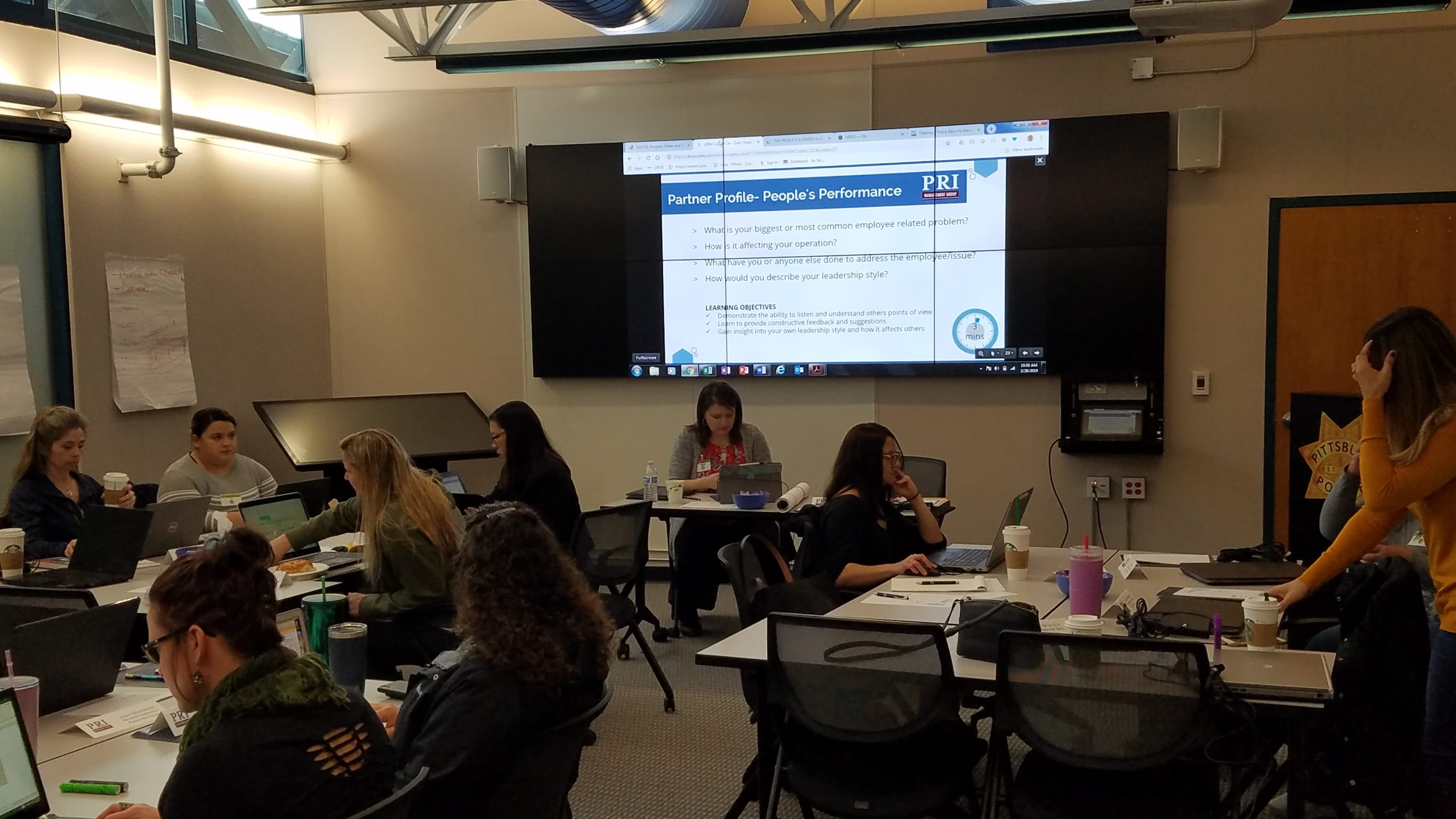
Learn how to transition from time consuming, paper-driven operations to electronic forms, records, files, workflows, and business process. Learn what federal law allows for digital records. 3-hours.

This advanced, executive-level course provides the knowledge needed to draft an RFP, select a vendor, and manage the project. 1-day.
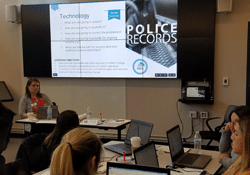
Records management is an increasing area of risk and liability and…lawsuits. Learn how to prevent litigation, achieve compliance, and better performance. 1-day.

A one day in-depth course covering the California Public Records Act and how to respond to subpoenas. Note, see Redacting Records course for other states.

A 2.5 hour course where you will learn the legal requirements, process, and best-practices for these court orders.

An expanded version of our redacting records course, learn how to identify and redact information from police reports, audio, video, juvenile, traffic records , personnel records, and administrative records following state law. 3-4 hours.
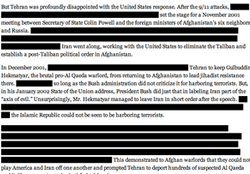
Learn what should or should not be released to the public according to Florida law and corresponding legal opinions. Note, see Redacting Records course for other states. 1-day.
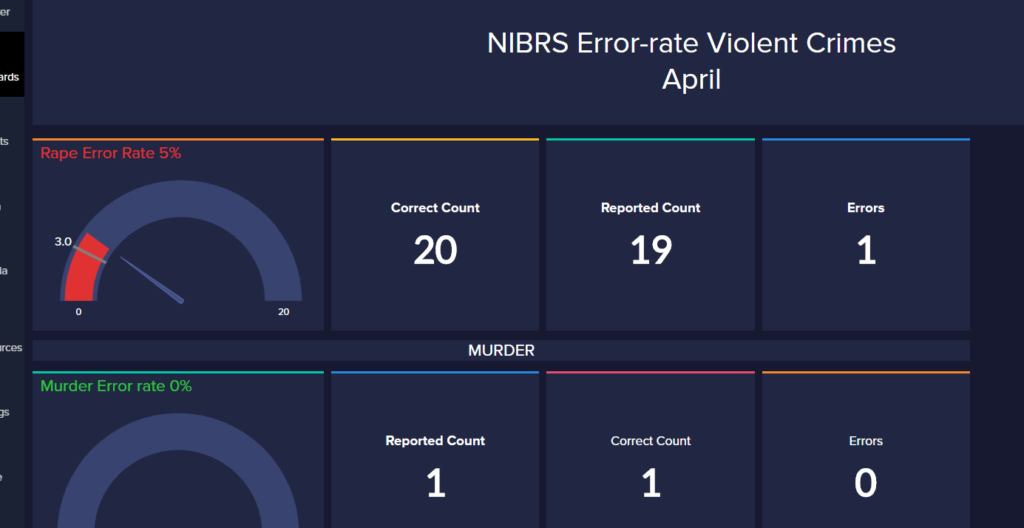
Learn what you need to know to understand, explain, review, and report your crime statistics correctly. 1-day.

Compliance with NIBRS requires a new approach to report writing. Learn the nuances of writing reports according to this standard. 1-day.


This 4-hour course will include guidance in the requirements for investigating and reporting bias-based offenses to NIBRS.

Learn what case management really is and how it affects your NIBRS data, clearance rates, records retention periods, and the procedures needed to keep case status and dispositions correct throughout the course of an investigation and prosecution. 3-hours.
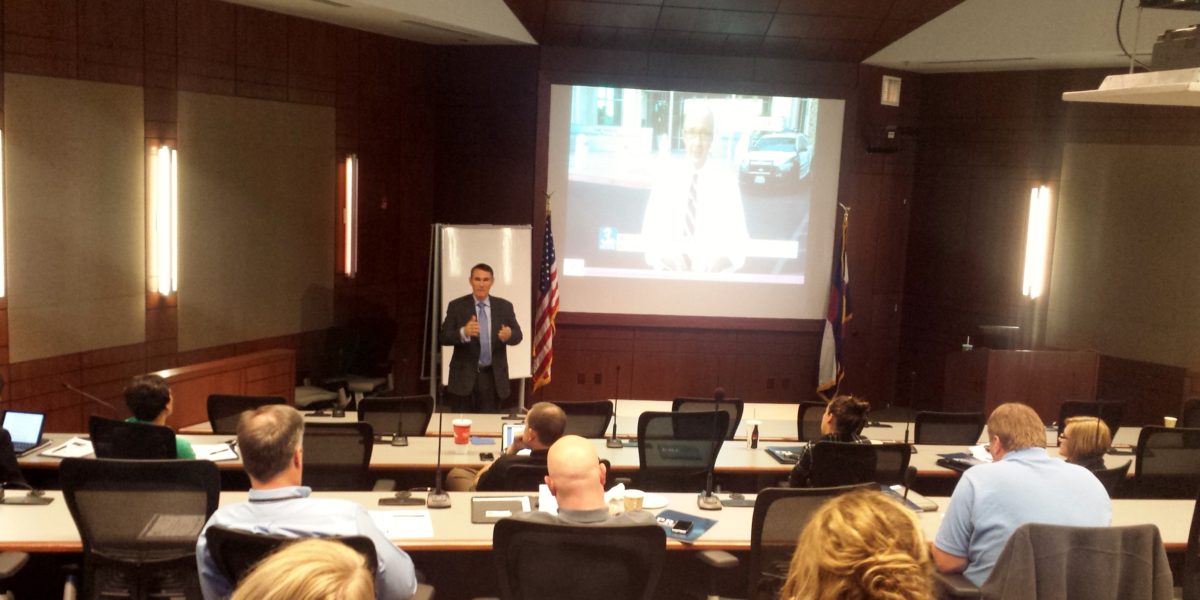
Learn how criminal law definitions of crimes differ from NIBRS offense definitions, and how to ensure offenses are coded correctly.

Every report must contain the information needed to correctly document a crime, aid detectives in follow-up investigations, ensure conviction, and lessen the burden placed on reviewing supervisors and records personnel in the review and correction of reports. 1-day.

To this day, many police agencies have an outdated and risky approach to reviewing and correcting reports. Doing it incorrectly leads to production of misinformation, different versions of reports, and risk of litigation. Misconceptions regarding the role records personnel and police supervisors play in the report review process are prevalent. Learn how to review reports, correct errors, and document changes to reports correctly. 1-day.

With cargo theft on the rise each year, proper reporting is critical. This training is intended to assist law enforcement agencies in reporting incidents of cargo theft to the NIBRS program. It addresses, the types of offenses that constitute a Cargo Theft incident, how to identify cargo theft, and guidelines for reporting cargo theft. 2-hours.


Building a successful records unit begins with leadership. This course focuses on the mindset and skills required to successfully lead and work as part of a records team. 1-day.